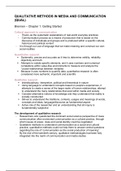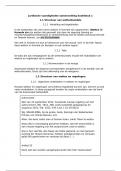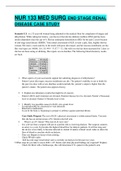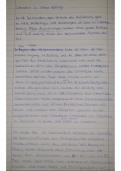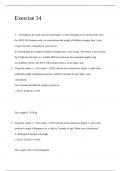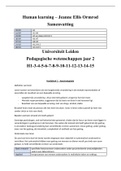Samenvatting
Summary QUALITATIVE METHODS IN MEDIA AND COMMUNICATION
- Instelling
- Erasmus Universiteit Rotterdam (EUR)
Summary including - All articles: Brennen Chapter 1,2,7; McKechnie; Dumitrica & Pridmore: Interviews & sampling, Focus groups, Material and Textual data, Introduction to Data analysis & Interpretation, Writing & Assessing Qualitative Research - Modules: Rhetorical analysis, Semiotic Analysis & ...
[Meer zien]
